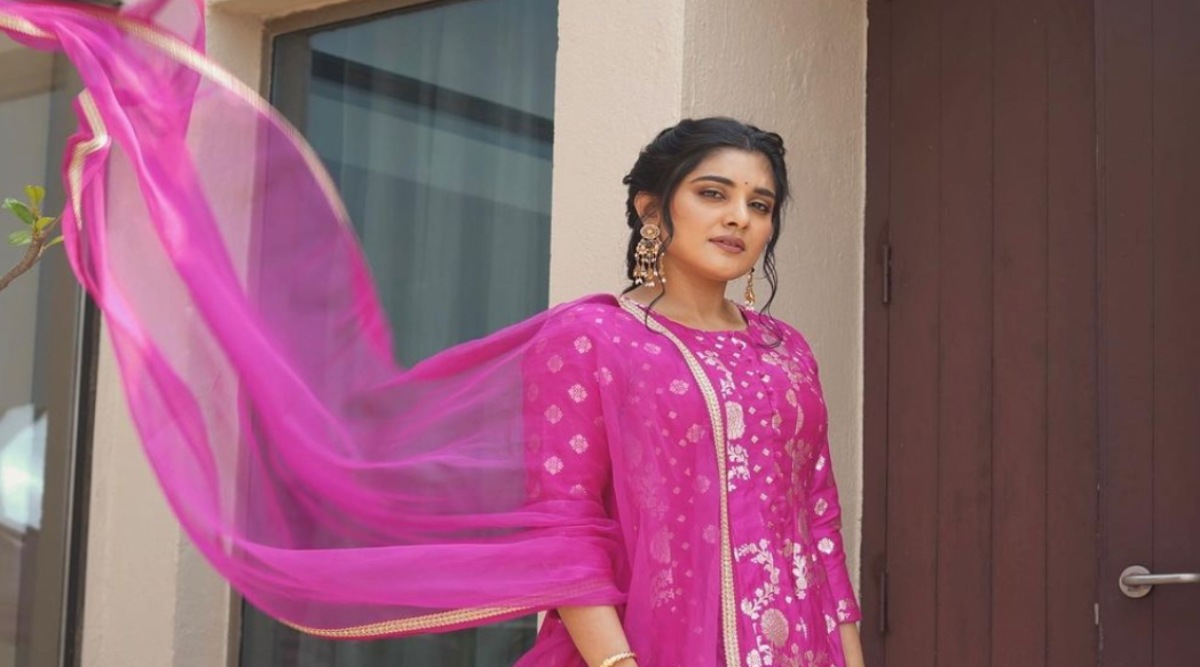On the lists of the state bar councils, eligible people with a recognized legal degree are admitted as advocates. The Advocates Act of 1961 gives state bar councils the authority to set their own procedures for enrolling advocates. A candidate’s application may be scrutinized by the Council’s enrolment committee. Those who have been admitted as advocates by a state bar council are eligible to take the Bar Council of India’s All India Bar Examination. The state-enrolled advocate receives a ‘Certificate of Enrolment’ after passing the All India Bar Examination, which allows him or her to practice law as an advocate in any High Court or a lower court in India. Advocates must, however, first appear for and pass the Supreme Court Advocate on Record Examination before they may practice law before the Supreme Court of India. For a smooth working there is eleven state council that are:
Bar Council of Karnataka |
Bar Council of Kerala |
Bar Council of Madhya Pradesh |
Bar Council of Maharashtra & Goa |
Bar Council of Odhisa |
Bar Council of Punjab & Haryana |
Bar Council of Rajasthan |
Bar Council of Tamil Nadu |
Bar Council of Uttar Pradesh |
Bar Council of West Bengal |
High Court of Jammu and Kashmir |
The bar council of India, a statutory organisation constituted under section 4 of the Advocates Act 1961, was founded after the all-India bar committee, led by S.R Das, submitted a report in March 1953. In India, the bar council oversees legal education and practice. The bar council’s members are chosen from among India’s lawyers; it has disciplinary power over the bar and oversees professional behaviour and etiquette. They also establish criteria for legal education in the country and recognise colleges where students can obtain a law degree and be licenced as an advocate. The bar council took the daring and creative step of replacing the three-year education with a five-year integrated programme and sponsoring Bangalore’s major National School of Law. The Chairman and Vice-Chairman of the council are elected for 2 years from amongst its member and elected by the council itself.
After India’s constitution was founded on January 26, 1950, the necessity for an all-India bar and the need for common standards for legal examinations in different colleges in India became apparent. The Madras Provincial Lawyers Committee decided in May 1950, under the leadership of Shri S. Varadachariar, that the government of India should set up a committee to develop a system for an all-India bar and revise the Indian Bar Councils Act to comply with the new constitution. In August 1951, a member of parliament named Shri Syed Mohammed Ahmad Kazmi introduced a bill to alter the India Bar Councils Act. The Indian government recognised the importance of sponsoring the bill, and in August 1951, a committee of inquiry was established to examine the feasibility of a unified bar in India, the continuation or abolition of the twin system of counsel for each state, the possibility of a separate Bar Council for the Supreme Court, and thus the revision of legal enactments.
In India, there were few options for proper legal education until the early 1920s. It was not uncommon to see Indian legal luminaries with an Oxbridge law degree and membership in an Inn of Court during this period.
Though prestigious colleges such as Government Law College in Mumbai had existed since the late 1800s, the establishment of the Delhi University Faculty of Law, ILS Law College in Pune, and a slew of other colleges in various states and universities across the country made quality legal education more accessible. With the establishment of the National Law School of India University, the Bar Council of India ushered in the next phase of legal education in the country. The foundation of this prestigious law school in Bengaluru has ushered in a new era in legal education and research.
As part of its statutory responsibility of promoting legal education and putting down standards in cooperation with Indian universities and state bar councils, the Bar Council of India visits and inspects universities/law colleges around the nation.






